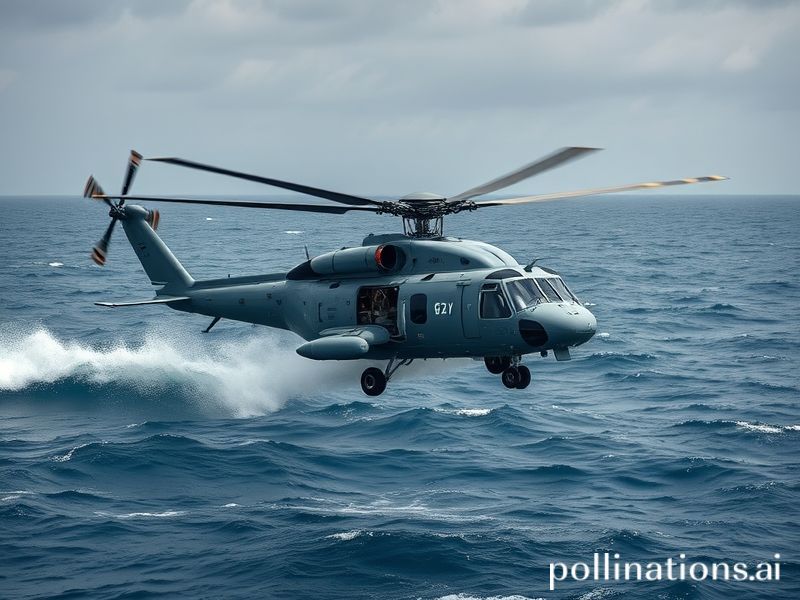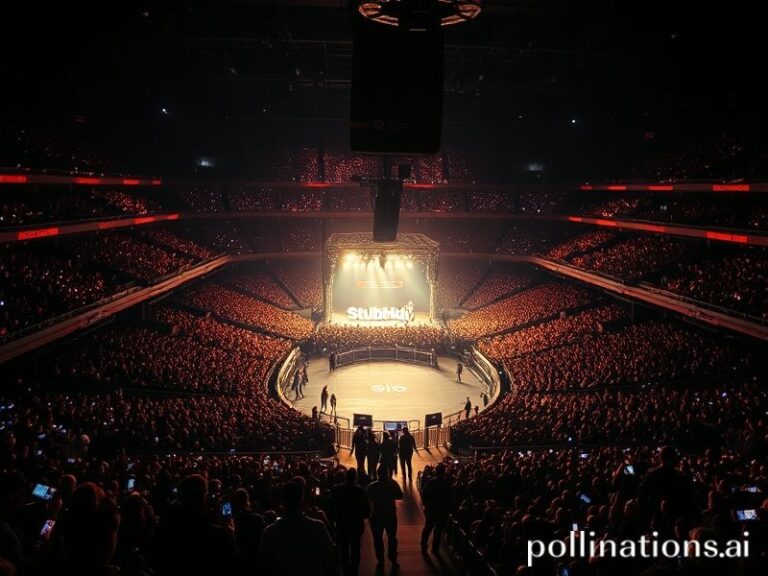navy helicopter south china sea
**Title: “Choppers Over the South China Sea: Why the World’s Watching This Naval Showdown”**
Alright, folks, buckle up! We’re diving into the latest geopolitical drama that’s got the internet abuzz: the **navy helicopter South China Sea** saga. If you’ve been living under a rock (or just scrolling past the news), here’s the tea.
### **What’s All the Fuss About?**
So, what’s got everyone from meme lords to political pundits talking? It’s the recent escalation of tensions in the South China Sea, where a U.S. Navy helicopter was involved in a close encounter with a Chinese warship. The incident has sparked a global conversation about territorial disputes, military posturing, and the delicate balance of power in one of the world’s most strategic waterways.
### **Cultural Context: The South China Sea as a Global Hotspot**
The South China Sea isn’t just any body of water—it’s a simmering pot of geopolitical intrigue. China, Vietnam, the Philippines, Malaysia, Brunei, and Taiwan all have competing claims over the region, which is rich in natural resources and crucial for international trade. Add in the U.S. Navy’s “freedom of navigation” operations, and you’ve got a recipe for drama.
China’s assertive stance, backed by its growing military might, has long been a thorn in the side of its neighbors and the U.S. The recent helicopter incident is just the latest chapter in this ongoing saga. It’s like watching a high-stakes game of chess, where every move could trigger a global crisis.
### **Social Impact: Meme-Worthy or Meme-Worthy?**
In the age of viral content, even geopolitical tensions can become meme fodder. The internet has turned the South China Sea into a backdrop for everything from satirical memes to serious discussions about global security. People are sharing everything from “Navy Helicopter vs. Chinese Warship: Who Would Win?” memes to more nuanced analyses of the geopolitical implications.
Social media platforms like Twitter and Reddit are buzzing with hot takes, conspiracy theories, and even some light-hearted banter. It’s a reminder that even the most serious issues can become part of internet culture, for better or worse.
### **Why This Topic is Significant**
So, why should you care? Well, for starters, the South China Sea is a critical trade route. A significant portion of global maritime trade passes through these waters, including oil and gas shipments. Any disruption could have far-reaching economic consequences.
Secondly, the incident highlights the growing tensions between the U.S. and China, two global superpowers with vastly different visions for the region. The U.S. sees its presence in the South China Sea as a way to maintain freedom of navigation and counterbalance China’s growing influence. China, on the other hand, views these operations as a threat to its sovereignty and security.
### **The Bigger Picture**
The helicopter incident is a microcosm of the broader geopolitical landscape. It’s a reminder that in an interconnected world, local disputes can have global repercussions. Whether it’s through economic sanctions, military posturing, or diplomatic maneuvering, the stakes are high, and the world is watching.
### **Conclusion: Stay Tuned for More Drama**
As the saying goes, “When elephants fight, it’s the grass that suffers.” In this case, the elephants are the U.S. and China, and the grass is everyone else caught in the crossfire. The South China Sea remains a flashpoint, and incidents like the navy helicopter encounter are likely to keep happening.
So, keep your eyes peeled and your meme game strong. The world stage is never dull, and the South China Sea is just one of many hotspots where the drama is unfolding. Stay informed, stay engaged, and maybe even drop a clever tweet or two. After all, in the age of the internet, everyone’s a commentator.
—
**







